AGN Creator Discussion Recap: The importance of education in the content creation space
As communications professionals in the agency space, we’re committed to providing the right counsel for our clients. Sometimes, this means having difficult conversations with how to approach the broader topic of DE&I. This is particularly relevant when managing relationships between content creators and brands.
Content creators bridge the gap between brands and audiences by adding a human element to how consumers interact with products and services. At Agnostic, we strive to build DE&I as a pillar of our content creator framework. For us, this involves constantly educating and re-educating ourselves on how we can engage creators that span a diverse set of backgrounds.
This month, we hosted content creator Afia Amoako, better known as @thecanadianafrican on socials, to facilitate conversations on how agencies can advocate for creators from underrepresented communities. As we reflect on how we agencies can action on fostering a more equitable and inclusive approach to influencer marketing, here are our key takeaways:
Underrepresented creators offer a variety of content possibilities.
Most creators fall into broader categories, such as lifestyle and food, which enable brands to partner with them across a variety of campaigns. However, these creators also offer more diverse content related to the communities they represent that typically have an educational element - especially for audiences that are outside of these communities.
Food creators, such as Afia, might create content that showcases how to use an ingredient in a new way. These creators fulfill the dual role of influencer and creator, providing context for those that consume their content and simultaneously expanding a brand’s existing audiences.
2. Underrepresented creators look at brands to “walk the talk”.
BIPOC creators tend to do their research on brands before deciding to work with them. This includes looking into past creator partnerships, how products and/or services are represented, or even the DE&I initiatives brands promote and engage in. Before brands (or agencies) reach out to creators, there needs to be an honest conversation internally about how DE&I manifests at an organization. Creators expect brands to show up for their communities before publicly aligning with them.
For example, creators may not want to work with brands who lack diversity in their brand photography. Having transparent conversations about the current state of diversity helps to ensure the relationship is less transactional, and more authentic. It also sets a precedent for more ongoing educational conversations about DE&I between agencies, brands, and creators.
3. Underrepresented creators need their voice to be heard.
All creators expect a true collaboration with the brands they work with. Naturally, brands prioritize their message delivery and may have their own idea on how their products or services should be depicted. That said, part of the discussion around authenticity includes providing creators with creative freedom.
Creators’ voices shouldn’t only be amplified on timely cultural moments such as Black History Month or Pride Month. When agencies approach creators and manage the conversations between brands and creators, there should be space built in for creators to suggest how the campaign content can fit into their overarching content themes - even before signing a contract. Ultimately, creators are brands themselves, so agencies need to make the connection between two brands to find an authentic fit.
We’re grateful to Afia for joining us on our journey as an agency to drive DE&I forward in the industry. To learn more about Afia (or get a new recipe or two), follow Afia Amoako at @thecanadianafrican or visit her blog at thecanadianafrican.com.
